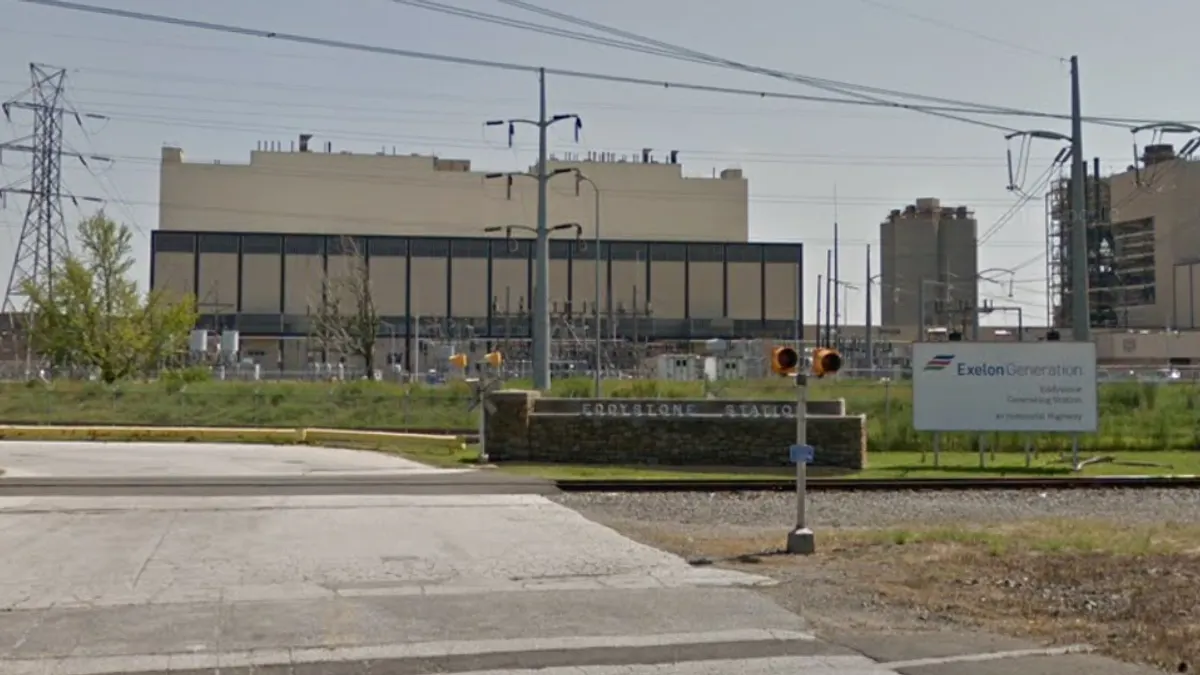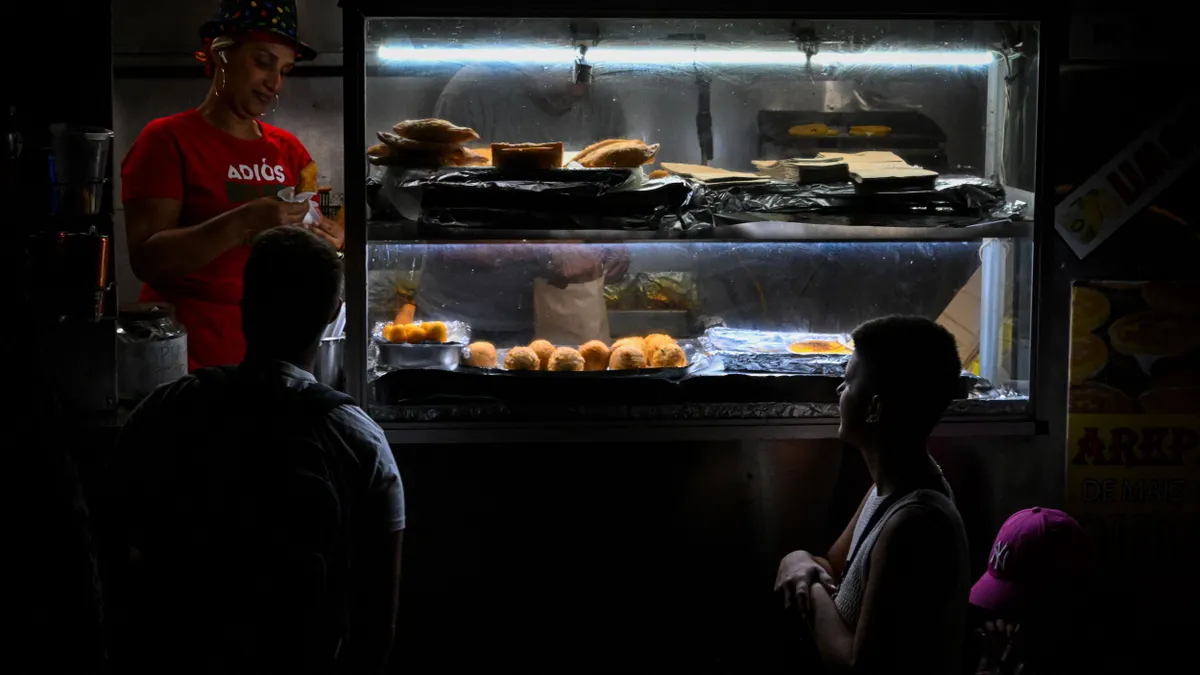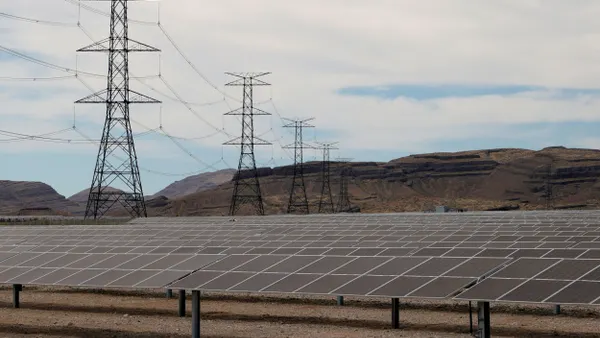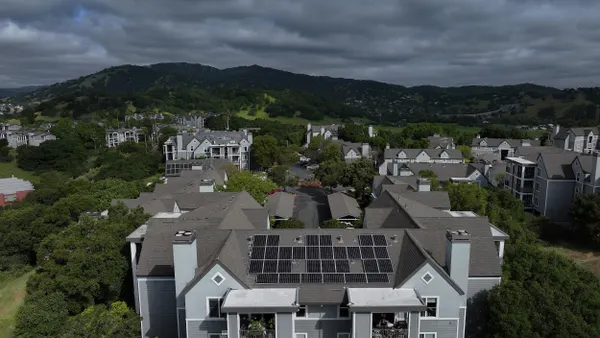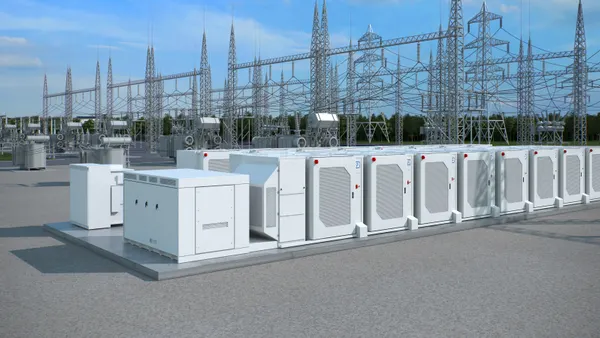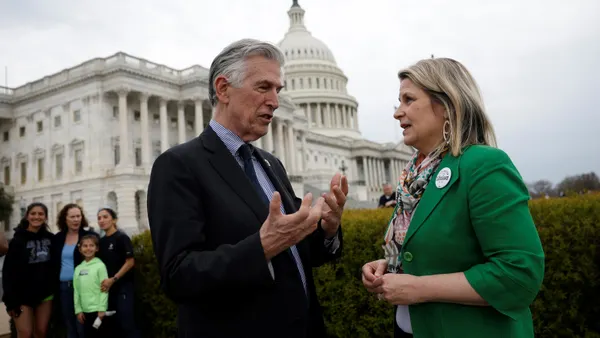Dive Brief:
- The Los Angeles Department of Water and Power (LADWP) has voted to move ahead with a solar program aimed at bringing access to low-income customers, leasing rooftop space on 400 homes for fixed monthly payments of $30, the Los Angeles Times reports.
- According to LADWP, the program would make it the first utility in the country to both build and collect energy from a residential PV program.
- The installed systems will be between 2 KW and 4 KW, and are a part of the city's plan to reach 400 MW of solar power by 2017. A program aimed at customers in apartment buildings is also planned.
Dive Insight:
Los Angeles must find a way to reach 33% renewable energy by 2020, the state-mandated goal, but has also begun studying what a transition to 100% renewables would look like. In order to get there, the city will need to expand access to clean energy beyond its more affluent residents.
LADWP General Manager David Wright said the program will allow the utility to "offer participation in our solar programs to customers regardless of income level so they can save money on their electric bills while also being environmentally responsible.”
Customers participating in the Solar Rooftops Program will receive a fixed monthly lease credit totaling $360 annually, for 20 years. LADWP said the total cost of the pilot effort will run almost $13 million, including construction, lease payments, administrative, operation and maintenance costs.
The utility said it plans to begin accepting applications early next year. A companion program called Shared Solar, aimed at customers who live in apartment buildings, is expected to be available in 2018 for a one-year pilot.
The largest public utility in the nation, LADPW has so far installed 177 MW of solar power under its Solar Incentive Program,15 MW under its Feed-in Tariff program, and has another 70 MW under construction.
Los Angeles is infamous for its pollution problems, and has joined a growing list of cities that are considering shifting to an all-renewable energy. Last year, the San Diego City Council approved a plan to reach 100% renewables and a 50% reduction in its greenhouse gas emissions by 2035. It was one of the first major U.S. cities with a legally binding pledge.
Aspen, Colorado, Burlington, Vermont, Georgetown, Texas and Kodiak Island, Alaska, are all planning to use only renewables as well.




